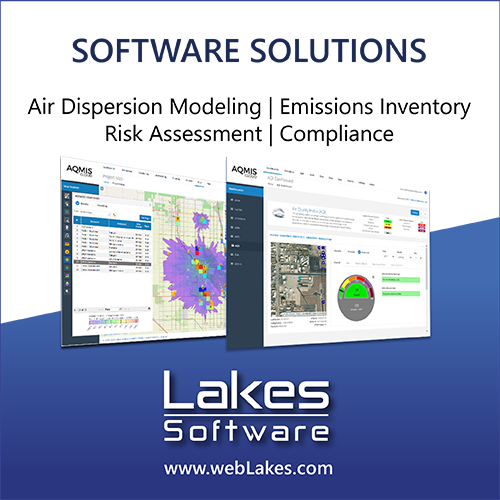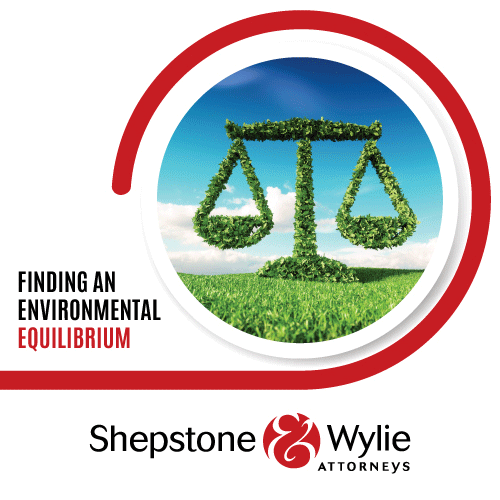An Environmental Justice Perspective on Air Quality Offsets
DOI:
https://doi.org/10.17159/caj/2019/29/2.7499Keywords:
air quality offsets, minimum emission standards, environmental justiceAbstract
Air quality offsets in South Africa are intended to counterbalance the harm caused by atmospheric emissions and deliver a net ambient air quality benefit in the affected airshed. In practice, they are implemented as a condition of leniency from compliance with the Minimum Emission Standards, and they focus on converting solid fuel burning households in low-income communities to cleaner forms of energy. Air quality offsets are not supported by all stakeholders, with non-governmental organisations in particular voicing vociferous objections. To date, there have only been very limited analyses of the ethical dimensions of air quality offsets. In this paper, air quality offsets and the Minimum Emission Standards are examined and compared from the perspective of three notions of environmental justice: distributive justice, which focuses on the distribution of environmental burdens and benefits; procedural justice, which considers inclusion and exclusion in decision- and policy-making processes; and justice as recognition, which focuses on the cultural and institutional processes that determine recognition, misrecognition and non-recognition of various groups. It is found that air quality offsets should guide action which promotes distributive justice because they are focussed on reducing polluting emissions in vulnerable, low-income communities that are exposed to the highest levels of ambient pollution. From a procedural justice perspective, South Africa’s legislative processes provide for involving most stakeholders in decision-making processes. Air quality offset initiatives should be evaluated once they have been implemented at scale to determine whether they have indeed aided in redressing injustices. Assessment criteria could include whether the air quality-related health risk of vulnerable communities has been reduced, whether community members have participated in the design and implementation of interventions, and whether marginalised members of the community have benefitted from the interventions.
Downloads
Downloads
Published
Issue
Section
License
Copyright (c) 2019 Kristy Langerman

This work is licensed under a Creative Commons Attribution 4.0 International License.

All articles are published under a Creative Commons Attribution 4.0 International License; copyright is retained by the authors. Readers are welcome to reproduce, share and adapt the content without permission provided the source is attributed.








.png)